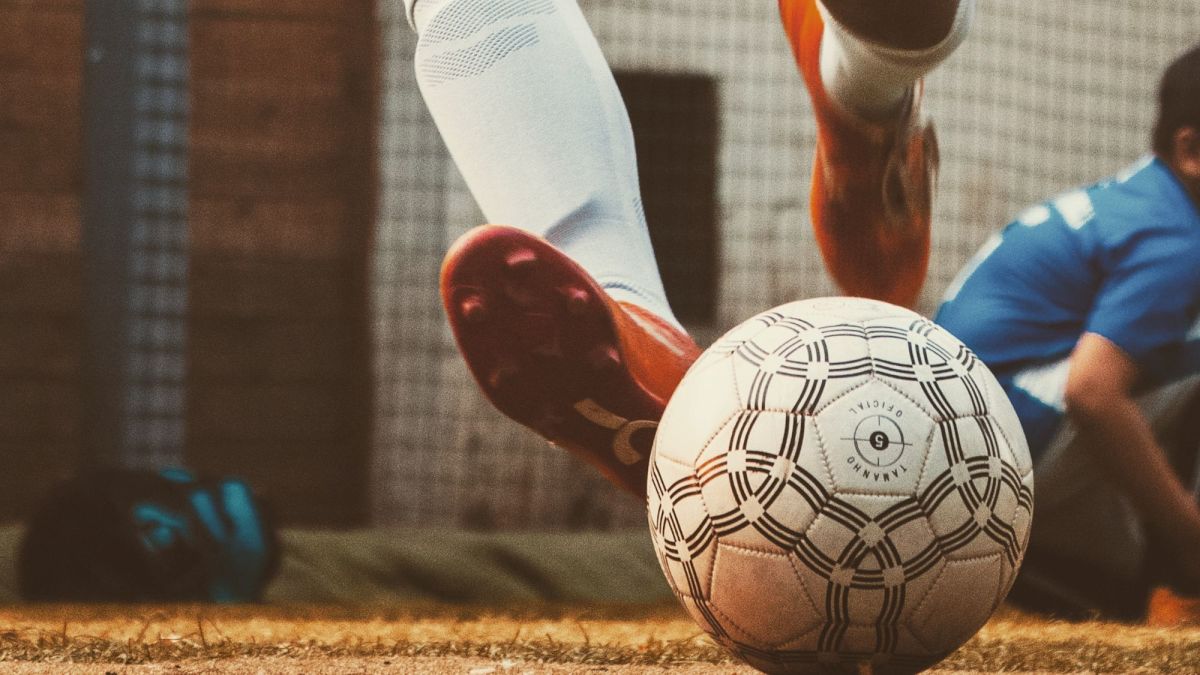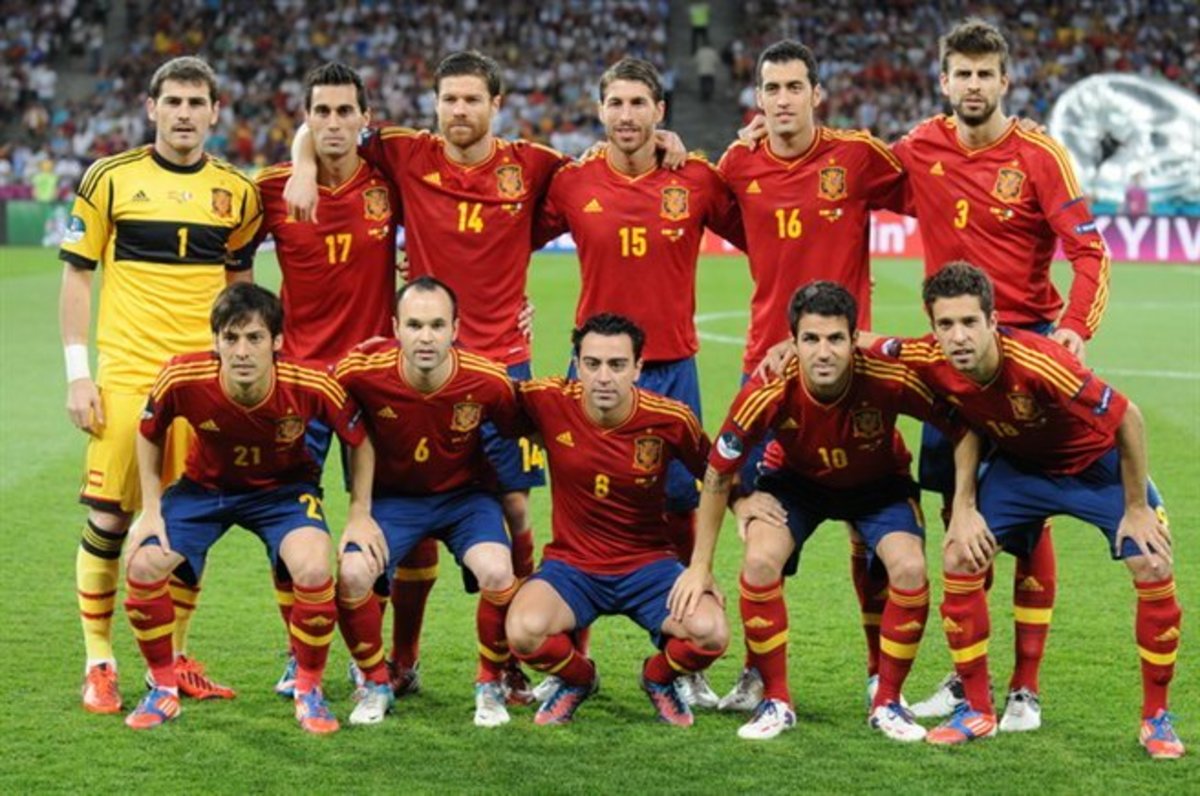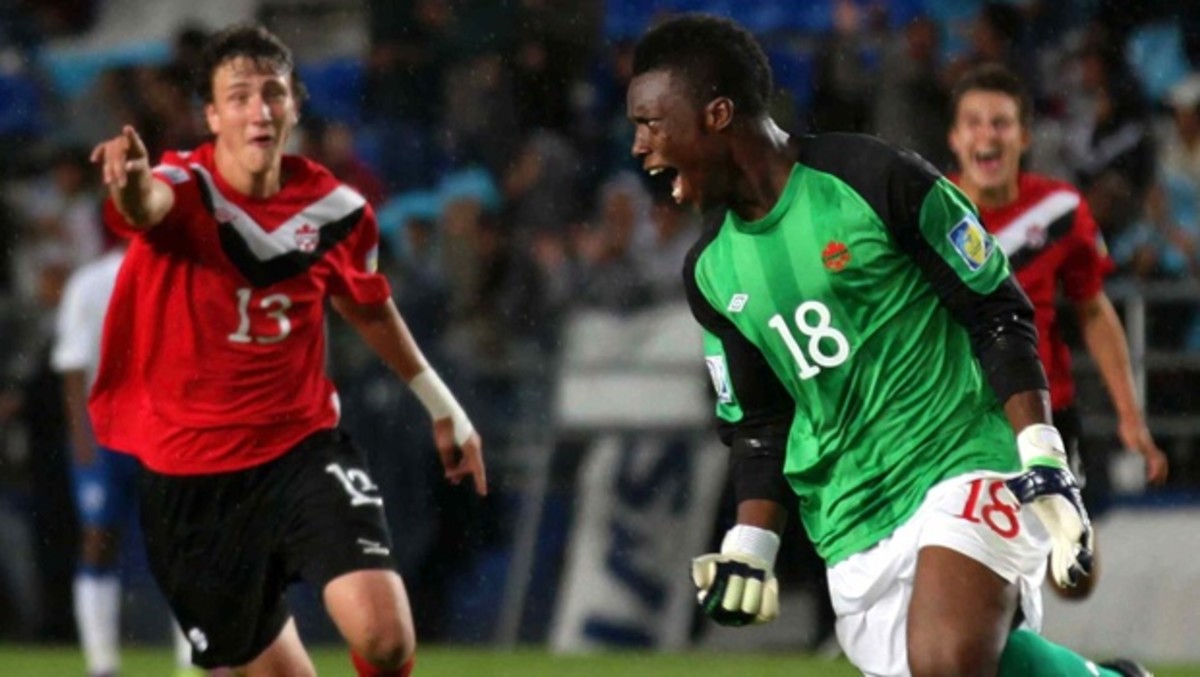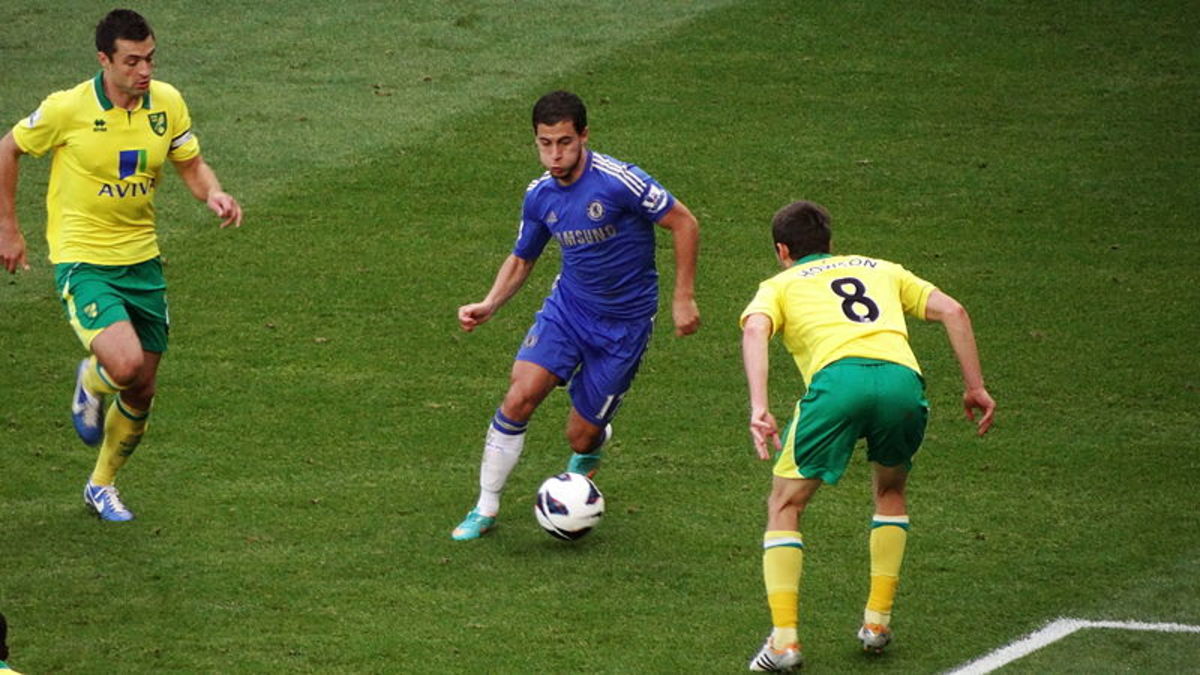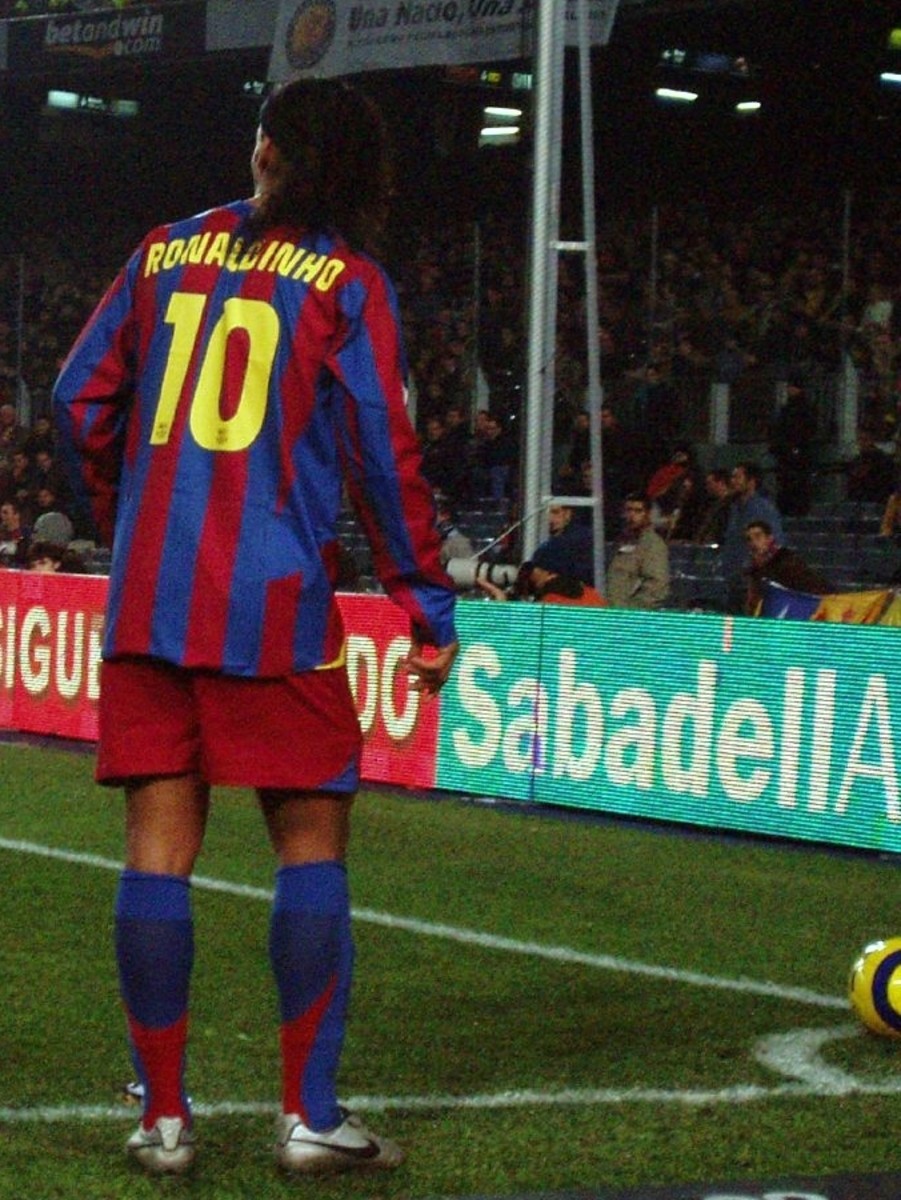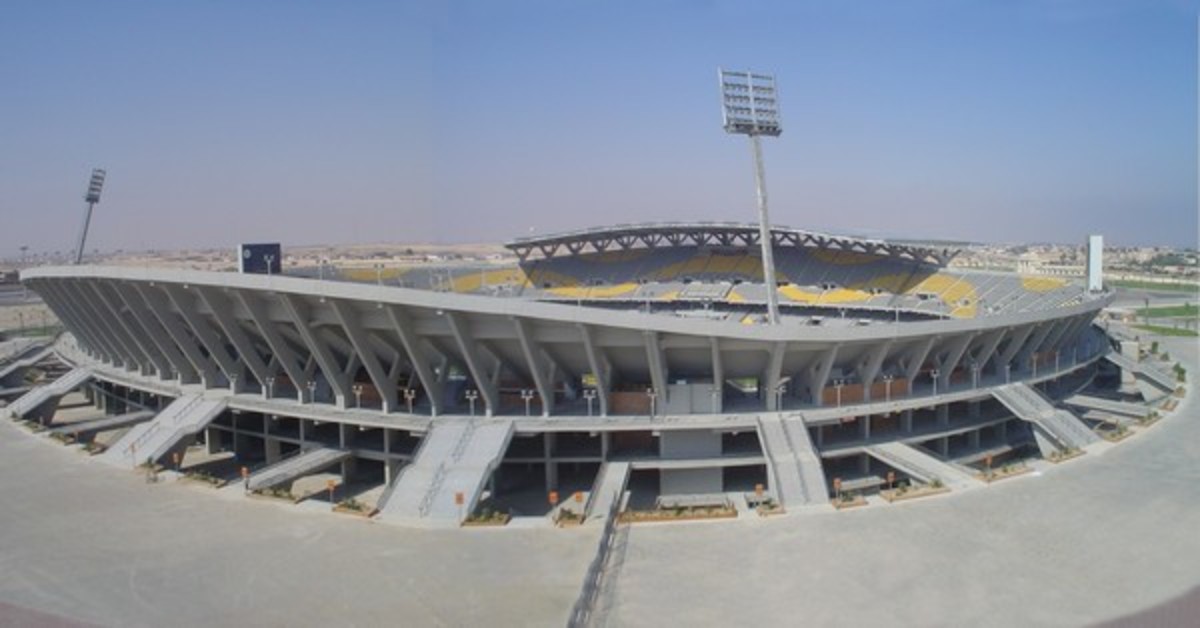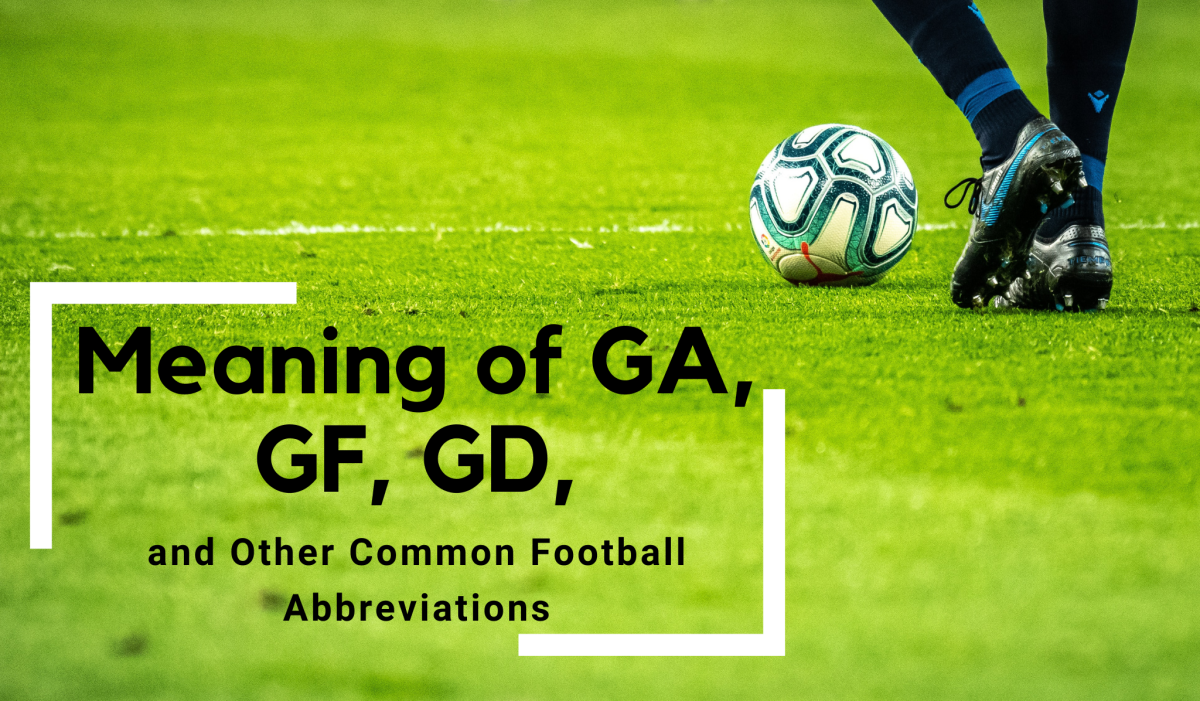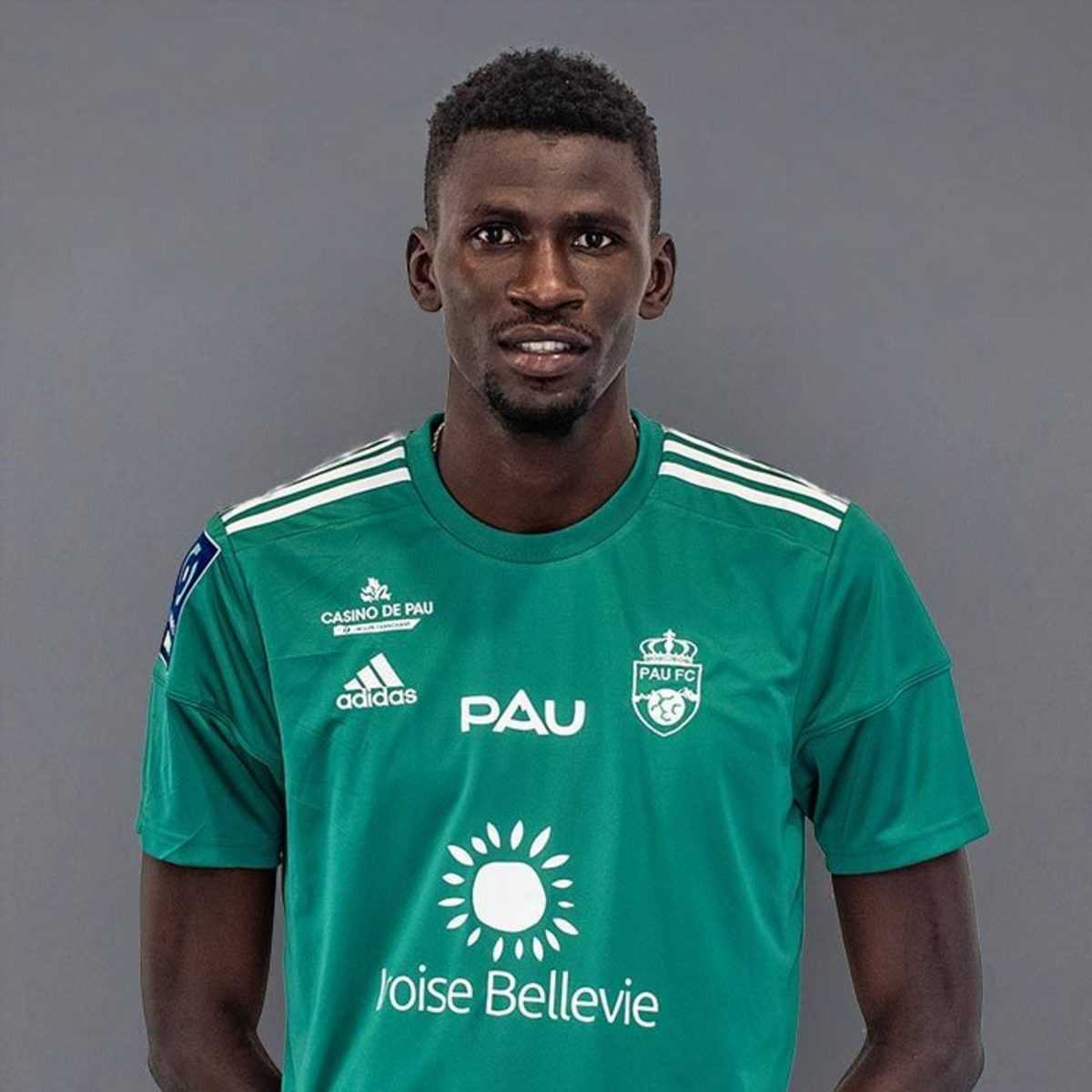Champions of Europe
Footballing Identity
Liverpool Football Club came at last into their own on the 1st of June, 2019. Before we talk about this, though we need to talk about the 26th of May, 2018. Or maybe we should start on the 8th of October, 2015. Perhaps it would be best to rewind the clock farther back, to a fateful night on the 25th of May, 2005.
These dates will bounce right off any non-Liverpool fans, and a few of them might be unfamiliar to all but diehard Scousers. But if you are any sort of Liverpool fan - or simply if you follow the major happenings of European football - you'll know exactly what happened on that night in 2005. The very year conjures memories, as does the venue: Istanbul. If you're a Liverpool fan, enough said. If you aren't, then at this moment I'd imagine you're wondering why you're reading this article at all. Let me explain.
If you're a sports fan, you'll at least have an understanding of what it means to have a team be a part of your life. If you aren't a sports fan, you probably half-wonder how people could get so incredibly worked up over a few men or women chasing, throwing, hitting, or kicking a ball. I'll admit, I sometimes catch myself wondering exactly what part of sports is attractive to the human psyche. So far, the best analogy I've come up with is watching a loved one embark on a lifelong project that you always have a front-row seat for. As they make progress or suffer setbacks, achieve the heights of heaven or crash to the earth below, you laugh and cry and celebrate with them because you've made a decision to care about what happens to them - and, as you watch their story unfold, you inevitably become more invested in their progression. You're allowing that person to matter to you.
'Even given that', you may say. 'A football team is not a person. I don't understand how you can love them that way.' Football teams may not be people, but each is its own distinct entity. Fans of Arsenal F.C. bemoaned the 2018-19 football season that saw their team 'lose their identity' – the implication being, Arsenal F.C. had an identity to lose. My sister, herself a fan of West Ham United, tells friends the story of the first time she watched a game by talking about the way the team played. The best of them would've died on the field that game; not for money - not even to win - but so they could face God and tell Him they died in a West Ham kit. What more could God say? That desire, the willingness to leave absolutely everything out on the field, is what embodies West Ham. It's their identity. And the fans? Hard-nosed descendants of the Thames Ironworks and Shipbuilding Company, blue-collar men and women who were built on the sweat and lifeblood of their forefathers and whose children will build again on that foundation. At its best, football becomes a manifestation of your life. When this is the case, the team you support becomes an extension of your own identity. Hammer fans work themselves to the bone during the week, and on the week-end meet with ten thousand people who live the way they do to watch eleven people play the way they do. At the end of the game, the eleven salute the ten thousand and are saluted; each one side of the same coin.
So what is Liverpool's identity, you may ask? That is a slightly more complicated question. The Hammers, regrettably, are not in a position where they regularly challenge to win the league. In fact, they never do. In a curious way that actually has strengthened their team identity because, as any Hollywood star will tell you, success changes things. The official West Ham Instagram page has 840.2k followers; Liverpool's has 17.2 million. Like the Hollywood actor, every move made by Liverpool F.C. is under constant scrutiny - and, like the Hollywood actor, that changes your ability to project a persona. Like it or not, Liverpool are a big-money team, and that means they have to walk and talk like a big-money team. West Ham fans don't care if they win games, they just want them to play with spirit; Liverpool fans don't care how much spirit their players have, they just want them to win. The owners don't care how much money they spend, as long as it brings more money back in. The media doesn't care how the players look and act, they just want them to sell. But underneath all the makeup and finery, like Katniss Everdeen in the Capitol District, Liverpool is still there. Their identity is still strong. You see it in fits and starts when the team is struggling, and in leaps and bounds when they're flying. It comes out at the last gasp, in the final moment, when even hardened Hammers would bow their heads and say 'It's over.' Liverpool's identity is hope, and more. It is miracles.
Liverpool is built on miracles.
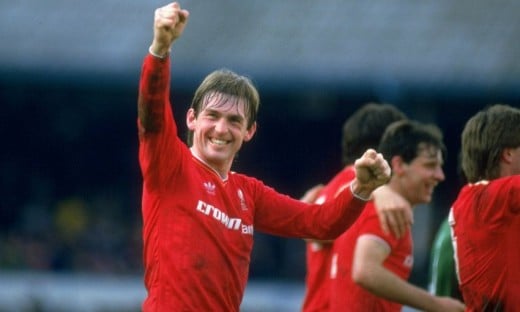
Liverpool: Origin Story
This, of course, does not mean that Liverpool are such a deplorable team that they rely on miracles for their success. But once this was the case: Liverpool's first miracle came in the form of a man named Bill Shankly, who came in 1958 to a club that was dead in the water in the English Second Division. Failing to contest even in England's top tier - let alone Europe's - Liverpool was at best below average and at worst simply awful. Shankly completely overhauled the team and within a year had turned them into champions of England and Europe. His mantle was taken up by his apprentice, Bob Paisley, under whose tutelage Liverpool were the undisputed lords of football. By the time Joe Fagan, Paisley's successor, hung up his managing boots, Liverpool were the greatest team in the world, possibly of all time. Heroes such as Ron Yeats, Kevin Keegan, Ian Rush, and Kenny Dalglish brought the spotlight on Liverpool like never before. It was at these moments that the second part of Liverpool's identity began to emerge: they were built on miracles, yes, but now they were kings. Dashing and beautiful, Liverpool pleased as well as plundered. Fans who remember those days will tell similar stories: their team was all but regal.
But Joe Fagan's managerial career ended in tragedy with the Heysel Stadium disaster, and after the Hillsborough disaster in 1989 Liverpool started to drift. Strikers Robbie Fowler and Michael Owen, along with other key Liverpudlians, brought some success in the late 90s and early 2000s, but they never again ascended to the dominant heights they had soared to under Shankly and Paisley. By the night of the 25th of May, 2005, it had been 15 years since Liverpool won the league and almost two decades since they had truly competed on a European scale. Once kings, the team - and its fans - now needed a new miracle.
Not only did they get their miracle: they got what is now regarded as one of the great miracles in soccer history. There are those who will tell you it was the greatest game ever played. But to Liverpool, it wasn't just a game, just a goal (or three). It was a reminder that despite the tragedy, despite the fall from power, Liverpool were still kings. The miracle sparked real hope for the first time in years. Could Liverpool regain their throne?
The answer, sadly, was no. Victory that night was followed by another decade of drought.
Steven Gerrard continued to anchor the team. Fernando Torres and Luis Suarez induced recollections of Dalglish and Rush. But the team was always a little listless; close but not close enough. That rampant hope raised in Scousers by the miracle in Istanbul was dimmed again. Some began to wonder if it was worth hoping in that way anymore.
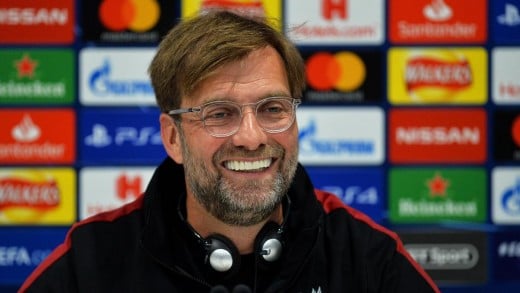
The New Age
Cue October 8th, 2015, when a bearded German with an exuberance and passion that were endearing but somewhat unnerving - he was once described as a 'Teutonic Care Bear' - announced that he would help Liverpool change doubt into belief. That very year, Jurgen Klopp brought miracles back to Anfield.
Liverpool were in desperate need. It had been 11 years since the miracle; over three decades since they'd been kings. The team was playing in the Europa League, a tournament designed to sponsor the runners-up and champions of minnow-leagues across Europe, thus giving everyone a 'chance to shine'. Unfortunately, it has more or less devolved into the organizational manifestation of a pat on the back, fought for by big teams from big leagues who almost did enough to succeed. Liverpool had played out a tough draw against capable German side Borussia Dortmund - incidentally the team Klopp had managed prior to coming to Liverpool - and now were returning to England to play the second game on their home turf: the fabled Anfield. Down 3-1 after an hour, with only thirty minutes to play and needing three goals to win, Liverpool were all but sunk. I myself turned off the television after Dortmund's third, unwilling to watch anymore.
10 minutes later I got a notification on my phone. Liverpool 2-3 Dortmund. They’d gotten one back.
The following events have, deservedly, failed to garner the same legendary status attained by the goals scored in Istanbul 11 years previously. This was, after all, only a quarterfinal of a much less prestigious tournament that Liverpool, sadly, did not go on to win. None of that made it any less special to me when Dejan Lovren scored the winner in the 91st minute of the game, 13 minutes after Mamadou Sakho had leveled the score. It was a truly special moment that, looking back, marked the start of a new era for Liverpool. An era of miracles. An era of hope.
Because Liverpool lost the final of that Europa league tournament, they entered the following season with little to play for except to earn qualification to the Champions League, a tournament like the Europa League but designed for the very best of the European teams. Liverpool scratched and fought their way to contention, earning qualification on the final day of the season. Heads were nodded approvingly: "It's progress. Baby steps."
Klopp had no intention of taking baby steps. Steven Gerrard had handed his captain's armband to Jordan Henderson some years previously, and the young Englishman was at last coming into his own. New signing Mo Salah combined with forwards Bobby Firmino and Sadio Mane to form a devastating attack force, and Liverpool stood ready to take back their throne.
Liverpool finished 4th in the English Premier League that year, but their campaign was never about English honors. Liverpool topped the first round of the Champions League with 3 wins and 3 draws out of six, and proceeded to destroy Portuguese champions Porto and dread rivals - and English Champions - Manchester City. They then played a truly spectacular double against Italian side Roma that ended 7-6 in Liverpool's favor over two legs, before facing Real Madrid in the Champions League final. The 26th of May, 2018.
Next time you see a person wearing a Liverpool kit, walk up to them and tell them you think Sergio Ramos is a great player. Maintain a safe distance, though, as they'll be likely to smash the first thing they come into contact with. Reports would have it, and the evidence does seem to suggest, that Ramos had decided his team needed a small advantage to defeat Liverpool. Post-match reports have confirmed that he was the direct cause of both a concussion suffered by goalkeeper Loris Karius and a shoulder dislocation that ended Mo Salah's game. He will forever play the innocent victim. Nobody really believes him.
Of course, there were other reasons Liverpool lost the final. They simply didn't play well enough, their defense was weak, and goalkeeper Loris Karius was beyond deplorable, concussed or otherwise. But there is no denying that Sergio Ramos is a master of the 'dark arts' of defense, and the European Judo Union issued a half-joking, half-deadly-serious tweet the day after the final condemning Ramos for using a move on Salah that is forbidden even in professional martial arts leagues.
Liverpool was sent, humiliated and furious, back to square one. There had been no miracle, just injustice and defeat. They were, in some ways, no closer to being kings than they had been before Klopp.
The naysayers should have seen the 2018-19 season coming. Klopp made it his preseason mission to shore up his weak defensive line and to replace the unfortunate Karius, who to this day has not mentally recovered from letting in two absolute howlers on the world's biggest stage. Answers came in the form of Virgil van Dijk and Alisson, the world's most expensive defender and goalkeeper, respectively. With those new signings, coupled with the return of Salah, Liverpool were more determined than ever to take back what was theirs.
It was time to become kings.
All any Liverpool fan can say is, 'Even Shankly would've been proud of this'.
Liverpool didn't lose a game in the English Premier League until halfway through the season, and that loss remained their only one. In what has gone down as one of the greatest English title races of all time, Liverpool finished one devastating point behind Manchester City, back-to-back English champions and now cemented as Liverpool's modern arch-nemesis. But for all that, Liverpool's focus was again elsewhere. Real Madrid were crushed in their home stadium by Dutch Cinderellas Ajax in the Champions League round of 16, and as Liverpool had narrowly edged out Italian side Napoli in the group stage, it appeared their path to the final was free of any underhanded Judo tricks. They downed German Champions Bayern before again dismantling Porto to arrive at the semifinals relatively unscathed. They faced Barcelona, who would become back-to-back Spanish Champions that season, and should they win they would face either Ajax or English side Tottenham Hotspur, both of whom were writing their own success narratives but were recognizably at a tier below Liverpool. Barcelona would be, presumably, the final test.
The one thing that Shankly's boys never did was overcome a staggering deficit on a monumental night. That is to take nothing away from their success: Shankly dragged his team out of utter drudgery and into the European spotlight. He made them kings. But it was Paisley who made them kings and then some: a team that ruled the world and then, when their reign was under threat, harness the power of miracles. His players became kings with the powers of gods.
All lesser gods get their power from somewhere: Liverpool's came from its fans. In their team's darkest hour, strains of that famous anthem "You'll Never Walk Alone" would flourish into a tidal wave of noise that players could ride to new heights. When Liverpool returned from Barcelona on the heels of a disheartening 3-0 defeat, then, it was no surprise that the Scousers turned up at Anfield singing at the top of their lungs. Liverpool needed three goals to force extra time and a fourth to snatch a win – all this against the Spanish Champions who had heartily beaten them once. Their kingship, tenuously established, was under threat. Either Liverpool would channel Paisley's ghost and recapture that incredible power... or they would crash back into defeat.
The game was never in doubt. Fringe striker Divock Origi scored in the seventh minute of the game, before midfielder Gini Wijnaldum put away two in three minutes to make the aggregate score 3-3. In the 79th minute of the game, a moment that will go down as the stuff of legends, 20-year-old Trent Alexander-Arnold took a corner that caught the entire Barcelona defense napping and found Origi unmarked directly in front of goal. The striker didn't miss.
June 1st, 2019. Liverpool coasted to a 2-0 victory against Tottenham in the Final, and are now Champions of Europe for the first time since 2005. It's been 30 years since they've won the Premier League, and Scousers are chomping at the bit for what will be a riveting English season ahead. Nobody has any doubt that Manchester City will again feature as primary antagonists, and it's anyone's guess as to who will take the prize. Liverpool will again compete in the Champions League with the chance to become back-to-back Champions and back-to-back-to-back finalists. Who knows: they may even get another shot at Real Madrid. For the time being, Liverpool are kings again.
In Closing
So, again: why does any of this matter? To the average American going about their daily work, all this may seem pretty inconsequential. And maybe it is: after all, do sports really matter? Do they bring anything other than passing enjoyment into the world? For me, at least, the answer is yes. Football, as I’ve already said, is a reflection of life: fans flock to teams that manifest their own way of life. In times of trouble or failure, Scousers will never lose hope in the power of miracles. In times of triumph, they will strive for beauty as well as success.
So, to some people, maybe Liverpool’s victory means nothing. But to others, it could mean everything. And for me? It is a validation of hope. Liverpool's success serves as a reminder of the power of miracles, and that with beauty - and just a touch of panache - anything is possible. All of us can be kings.
Allez Liverpool, and bring on the next season. #YNWA.

